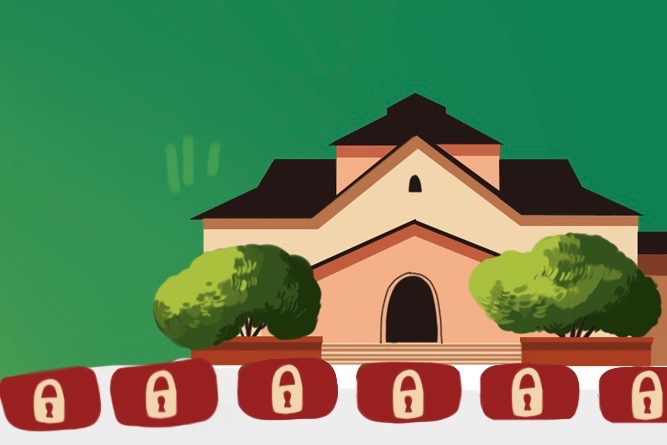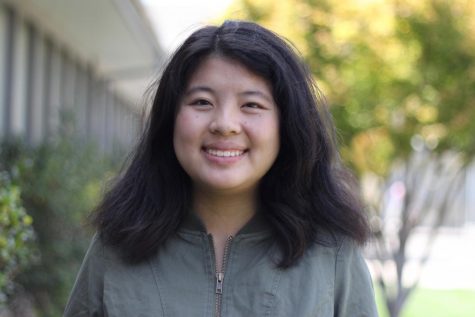Expensive Resume Boosters Don’t Guarantee College Admission
Expensive Summer Programs Don’t Guarantee College Admission
February 20, 2018
The spreadsheet is meticulously detailed, with rows upon rows of Times New Roman, 12 point font. Each column is labeled differently; one is called “Program Name,” another is called “Application Deadline” and a third is called “Teacher Recommendations.”
It’s the season of cold weather and summer program applications, where students begin soliciting teacher recommendations and writing essays about why they’re qualified to spend their summer at a prestigious college.
But the narrowed and occasionally elitist mindset of many high school students has created unrealistic expectations for how students should spend their summers. It gives more weight to a program’s ability to improve a student’s chances of getting into college over personal interests. These expectations have created an environment where students attend selective academic programs for the sole purpose of bolstering their resumes.
Researchers at the National Bureau of Economic Research found that the focus on college preparation in the past two decades has further widened the opportunity gap, as wealthier students tend to have parents who graduated from college and have the resources and time to help their children with the process. Colleges have capitalized on the increased focus through expensive price tags for pre-collegiate programs — according to Forbes, a four-week program at Brown costs $6,291, and a seven-week program at Harvard costs $11,320.
But students who cannot afford to attend specialized programs are not at a complete disadvantage when it comes to college applications. In reality, expensive and selective summer programs do nothing to help an application unless they demonstrate further interest in an existing passion.
Brown University’s Dean of Admissions Jim Miller told PBS that attending a Brown summer program didn’t influence the admissions staff’s decision at all.
And according to college consulting firm Ivy Coach founder Bev Taylor, attending programs with the sole purpose of gaining admission to a college could harm students.
“We see it as a big turn off to admissions counselors,” Taylor said in a Business Insider article. “These programs are sleepaway camp with a couple of courses. It looks like the kid has no imagination and couldn’t come up with something on his own.”
But regardless of what admissions experts state, students continue to attend these programs every year due to pressure from people around them. A change in mindset is necessary because this creates an environment where unconventional summers are looked down upon, consciously or subconsciously. Students — especially those of lower income — are less and less likely to create worthwhile experiences on their own.
College and Career Center Coordinator Andrea Gorman said that some of her most impressive students showed interest in a field by taking initiative to find unique ways to get involved. One student cold-called local professors and secured an internship in a lab, observing graduate students and cleaning beakers; another student spent her summer attending architecture events and listening to speakers.
According to college counselor Angela Price, colleges ultimately want students to spend their summers doing something meaningful to them. She described one student that combined a love for computer science and his work with a local nonprofit to code programs that would help allocate food to families in poverty.
Two seemingly conflicting scenarios — being a competitive applicant and pursuing a passion without needing to submit a transcript — do not need to be mutually exclusive. As long as students are genuine and determined, they can rest assured knowing they have done enough.




